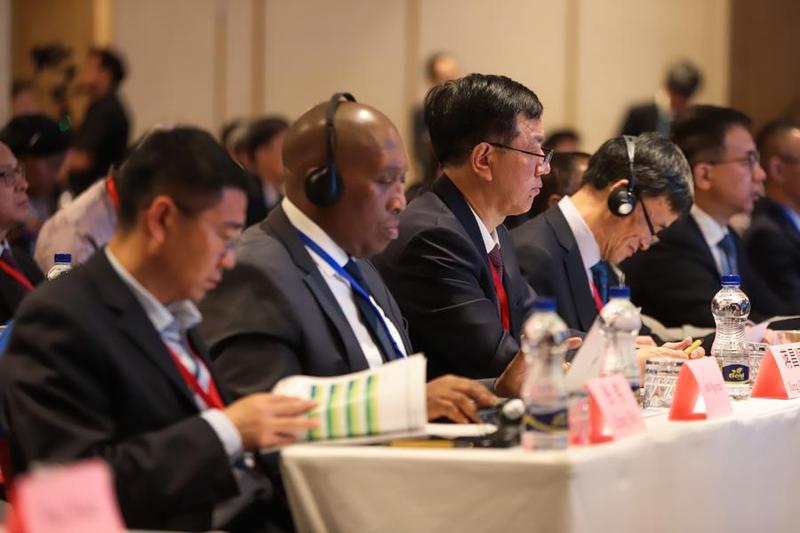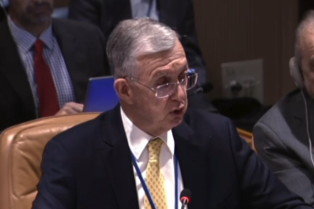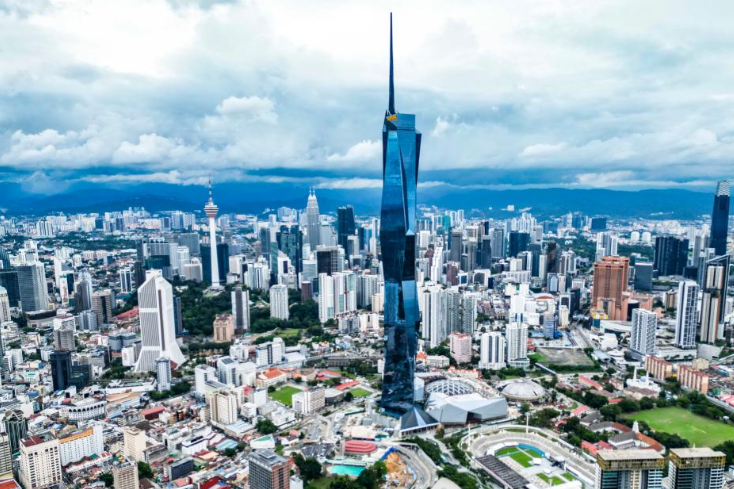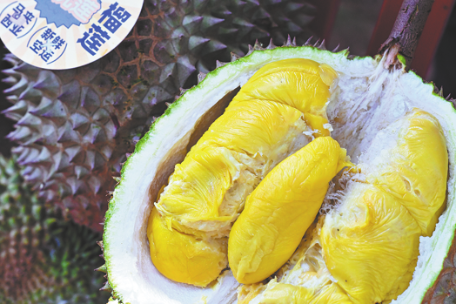China, Africa deepen cooperation to boost food security and innovation


The African Union has reaffirmed the shared commitment of China and Africa to strengthen cooperation in agriculture, science, and technology, with the goal of accelerating growth and achieving food sovereignty across the continent.
Speaking at the 2025 General Assembly of the China-Africa Agricultural Science and Technology Innovation Alliance, which opened in Addis Ababa on Monday, AU commissioner for education, science, technology and innovation Gaspard Banyankimbona underscored the need for deeper collaboration to harness China's experience in modern farming, digital technologies, and water management.
He said such cooperation aligns closely with the AU's Science, Technology and Innovation Strategy for Africa or STISA 2025–34 and the continental development blueprint, Agenda 2063.
"Africa stands at a crossroads with immense opportunities to apply innovation for sustainable progress," Banyankimbona said. "The China-Africa alliance provides the ideal platform to promote joint research in climate-smart agriculture, animal and plant health, agroecology, and food safety."
Efa Muleta, state minister for Ethiopia's Ministry of Agriculture, noted Ethiopia's strong progress in agricultural modernization, stating that the country is focused on boosting productivity both in quality and volume by drawing from China's extensive technological experience. "We will merge their know-how with our local strengths to drive measurable results," he said.
According to the minister, the collaboration will also involve training and exchange programmes in the livestock sector. "This agreement aligns with our agricultural policy and carries no fixed time limit. It is a partnership Ethiopia can continue to benefit from over the long term," he said.
"Capacity-building programmes will begin immediately, with training sessions and institutional exchanges already under design.
The three-day annual assembly opened on Monday under the theme "Cooperation for Africa's Food Security and Agricultural Modernization" with more than 200 scientists, policymakers, and representatives from agricultural institutions across China and Africa attending the conference.
It was co-organized by the Chinese Academy of Agricultural Sciences, the African Academy of Sciences or AAS, and the Mission of China to the African Union.
Lise Korsten, president of the African Academy of Sciences, said China's journey in agricultural modernization—characterized by intensive cultivation, advanced value chains, and digital innovation—offers valuable lessons for Africa.
"China feeds nearly 20 percent of the world's population with less than 9 percent of the planet's arable land," she said. "Meanwhile, Africa, which holds 60 percent of the world's uncultivated arable land, continues to face food insecurity. This paradox highlights the need for balanced partnerships that pair Africa's potential with China's proven innovations."
Korsten added that the alliance serves as a "key driver of food security for billions," by promoting joint research, innovation, and technology transfer between China and African nations.
Abebe Haile-Gabriel, assistant director-general and regional representative for Africa at the Food and Agriculture Organization or FAO, described China-Africa South-South cooperation as a "strategic lever for transforming African agriculture."
He said the collaboration has already produced tangible outcomes, including higher rice yields, improved pest management, digital farming adoption, and better livelihoods for smallholder farmers.
"Given Africa's ongoing challenges—low productivity, fragmented value chains, and limited market access—renewed and results-oriented cooperation with China is vital to opening new horizons for food production and security," Gabriel said.

































